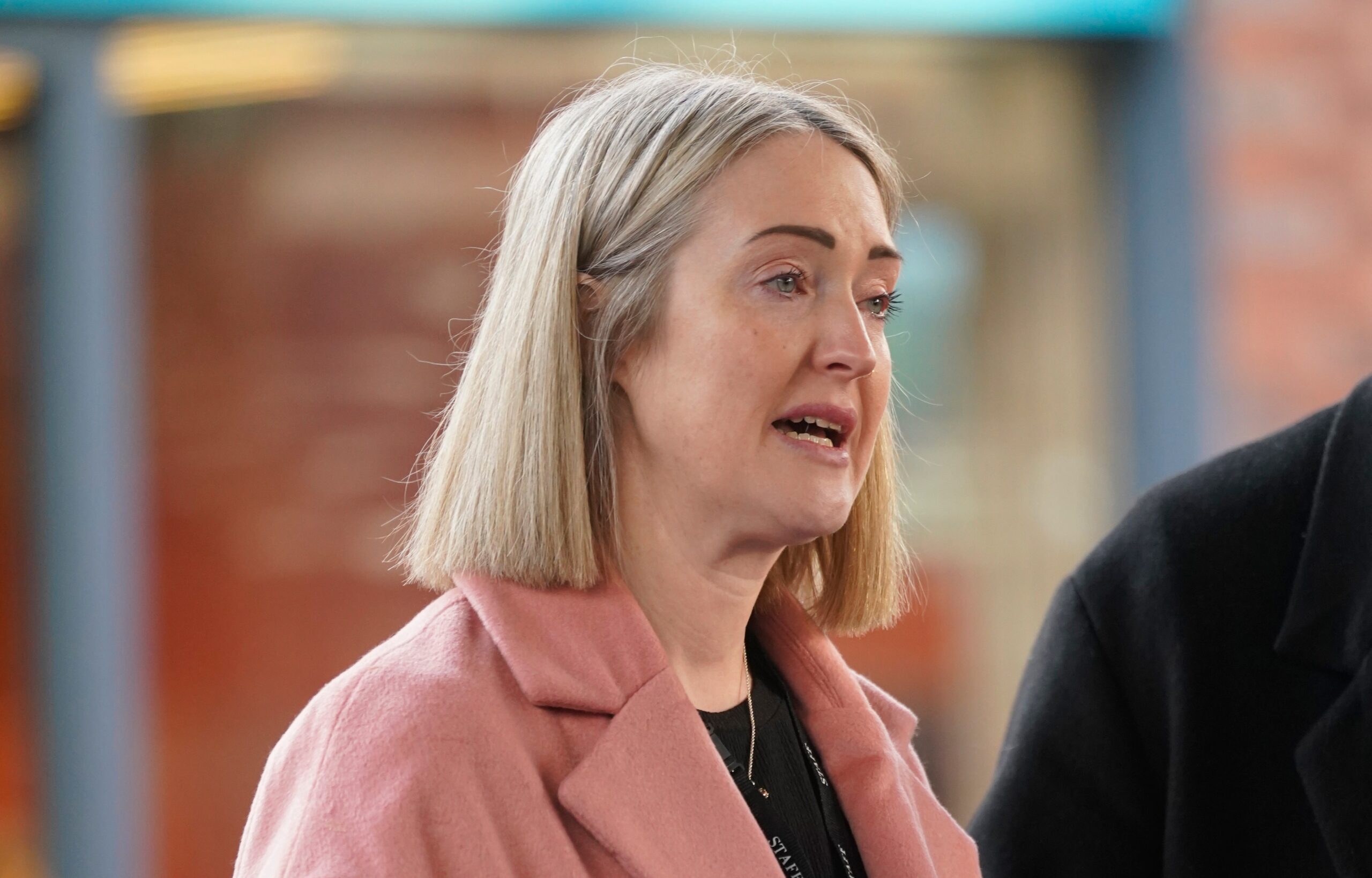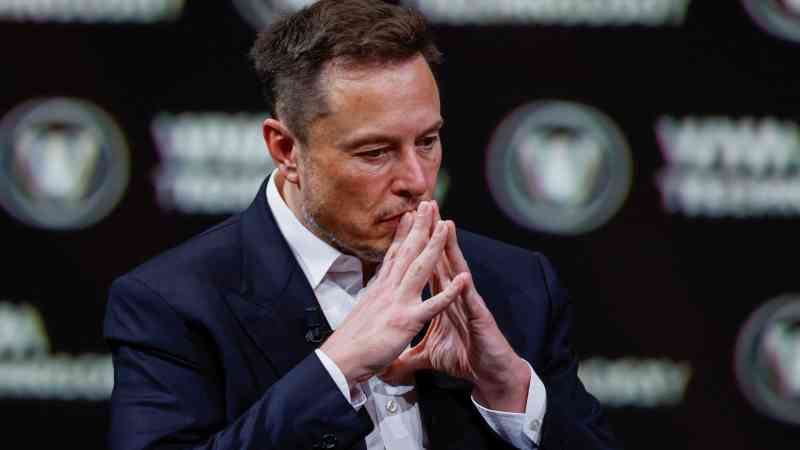Plans to ban smartphone sales to under-16s
Children who want to buy smartphones would have to prove their age in an effort to stop under-16s having the devices, according to plans being considered by ministers.
The proposal forms part of a consultation to be launched this month by the government as it seeks to address growing concerns about the impact of phones on young people.
Under-18s are not allowed to take out phone contracts without parental consent, but can buy pay-as-you-go phones.
Giving a minimum age for the purchase of smartphones may have little impact, however, as most children are given devices by their families. It could be coupled with ensuring the device sold is child-friendly, a measure that recently received support from Dame Rachel de Souza, the children’s commissioner for England.
Campaigns by the mother of the murdered teenager Brianna Ghey, as well as MPs and the Smartphone Free Childhood campaigning group, have driven the issue up the political agenda.
A Whitehall source said the ban on smartphone sales for under-16s would be assessed. “We’re just looking at whether that’s proportionate, and whether people actually want that, or whether it’s just a small group of people who are pushing for that.”
Many groups such as the NSPCC, the 5Rights Foundation, which aims to ensure that the digital world caters for the needs of children and young people, and the family of Molly Russell, who killed herself aged 14, do not favour a smartphone ban for children. They see the devices as part of modern life and prefer the focus to be on regulations that force tech companies to make their platforms and devices safer.
• Meet the parents trying to keep their children smartphone-free
The wide-ranging review will also look at empowering parents more so they can monitor and control children’s use of social media. Social media apps have parental controls, but few parents use them, despite their concerns, and ministers want to understand this apparent disconnect better.
The proposals would build on the Online Safety Act, which is being implemented by Ofcom, that will force tech companies to take down illegal content and restrict children from seeing harmful material.
Whitehall is to launch the consultation within weeks and is starting to engage with the tech industry, but has not finalised what measures will be included.

Brianna’s mother, Esther Ghey, wants under-16s to be blocked from accessing social media on smartphones and stronger parental controls at the point of sale. Her proposals recently received backing from the police.
Ian Critchley, the lead on child protection for the National Police Chiefs’ Council, told the Commons education select committee that he “absolutely supported” the need to ensure all safety requirements were in place and that there should be no content causing harm to children. “That ultimately comes back to the companies themselves,” he added.
David Wright, director of the UK Safer Internet Centre, warned, however, that this was not a silver bullet. “I just fear [about] hand-me-downs, laptops, tablets … the procurement processes for those, whether it’s through Amazon or online,” he said.




Post Comment